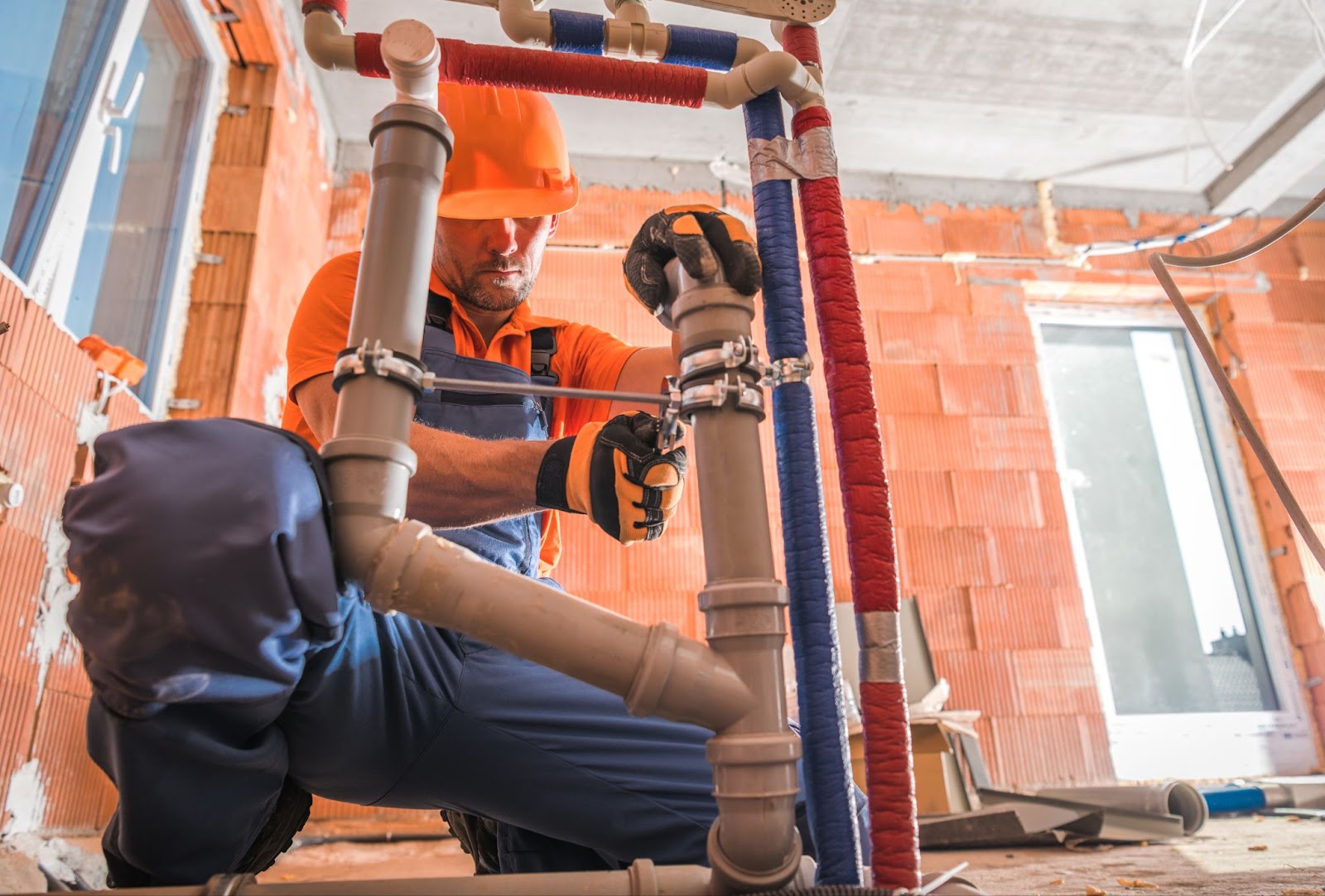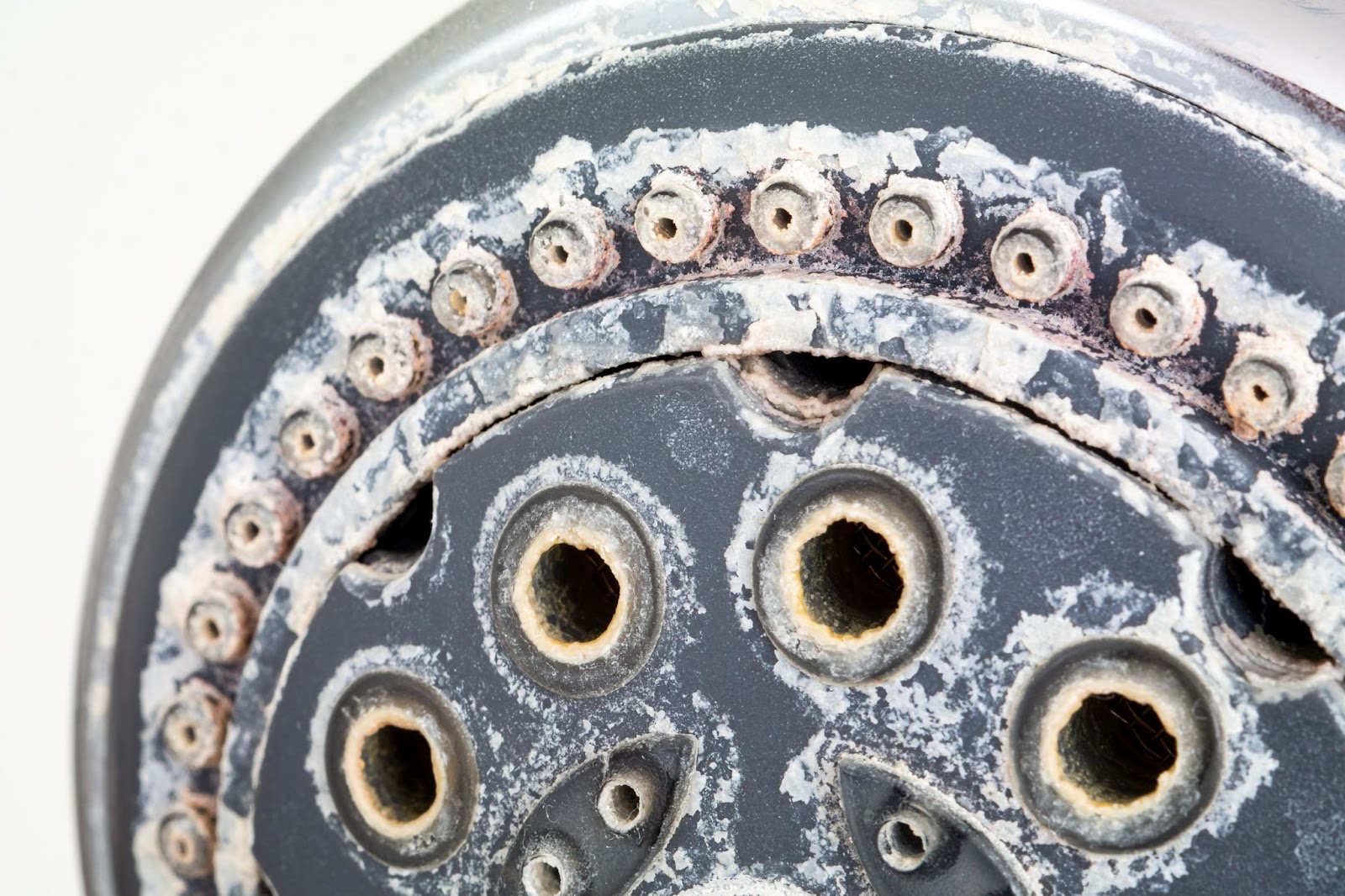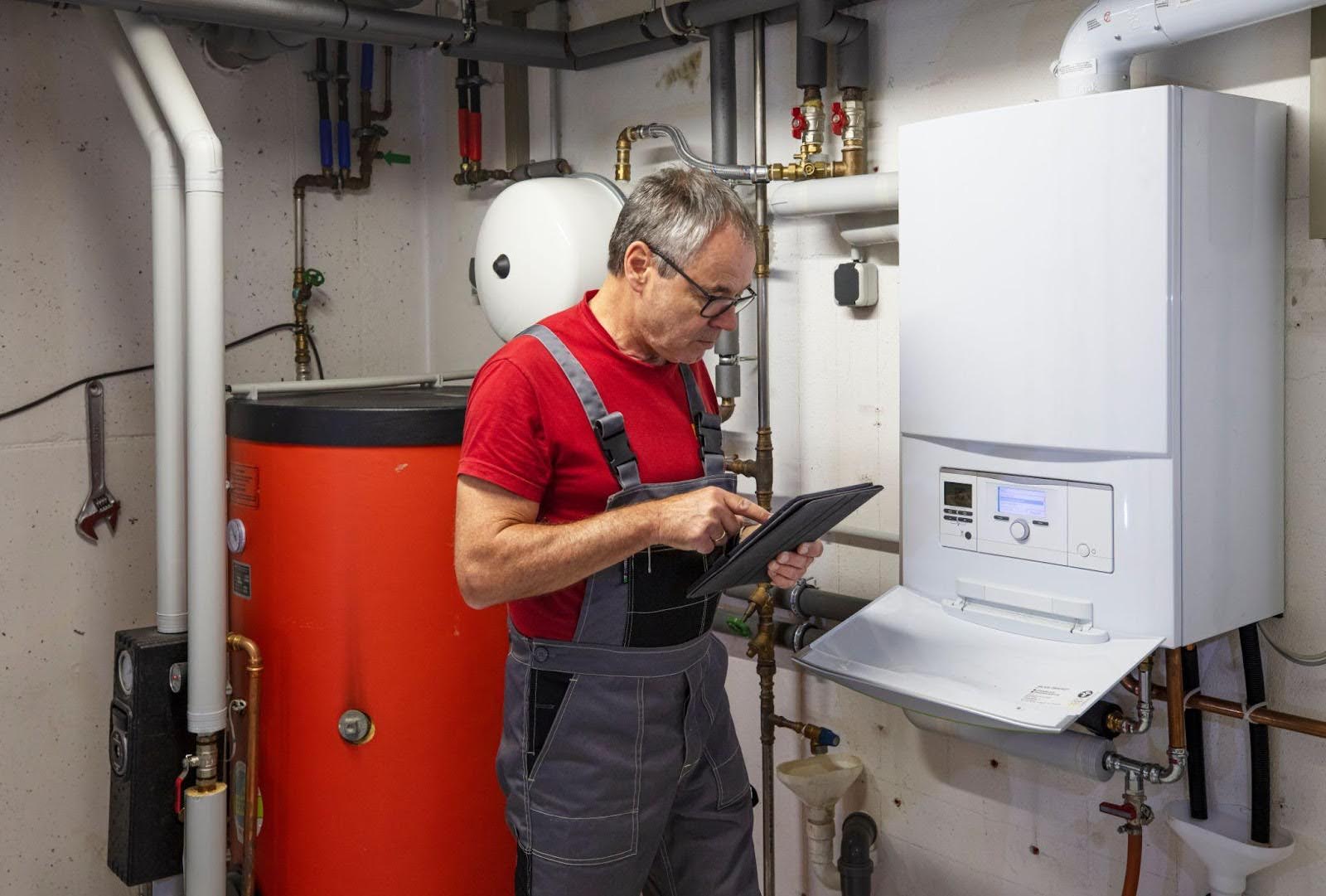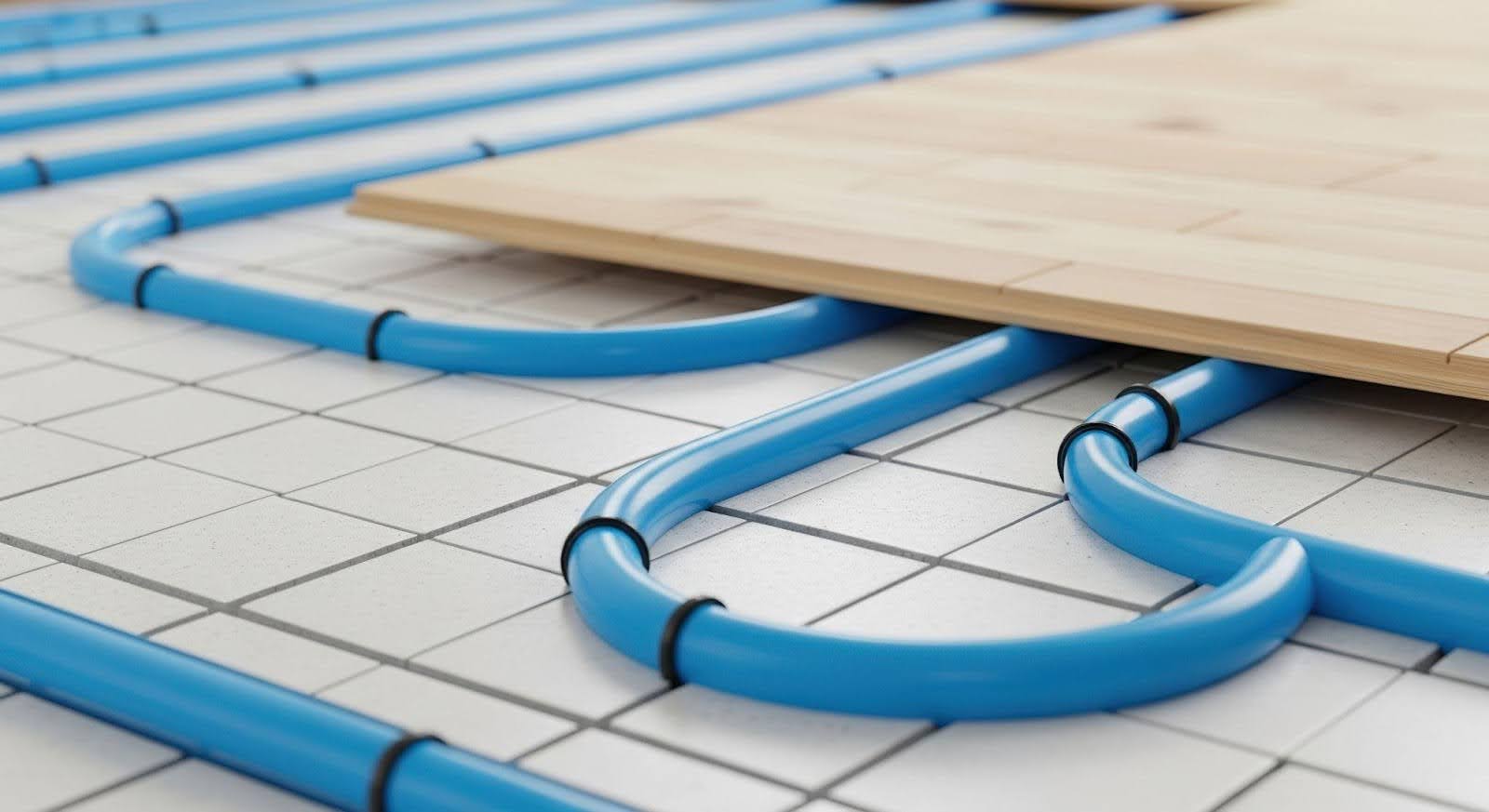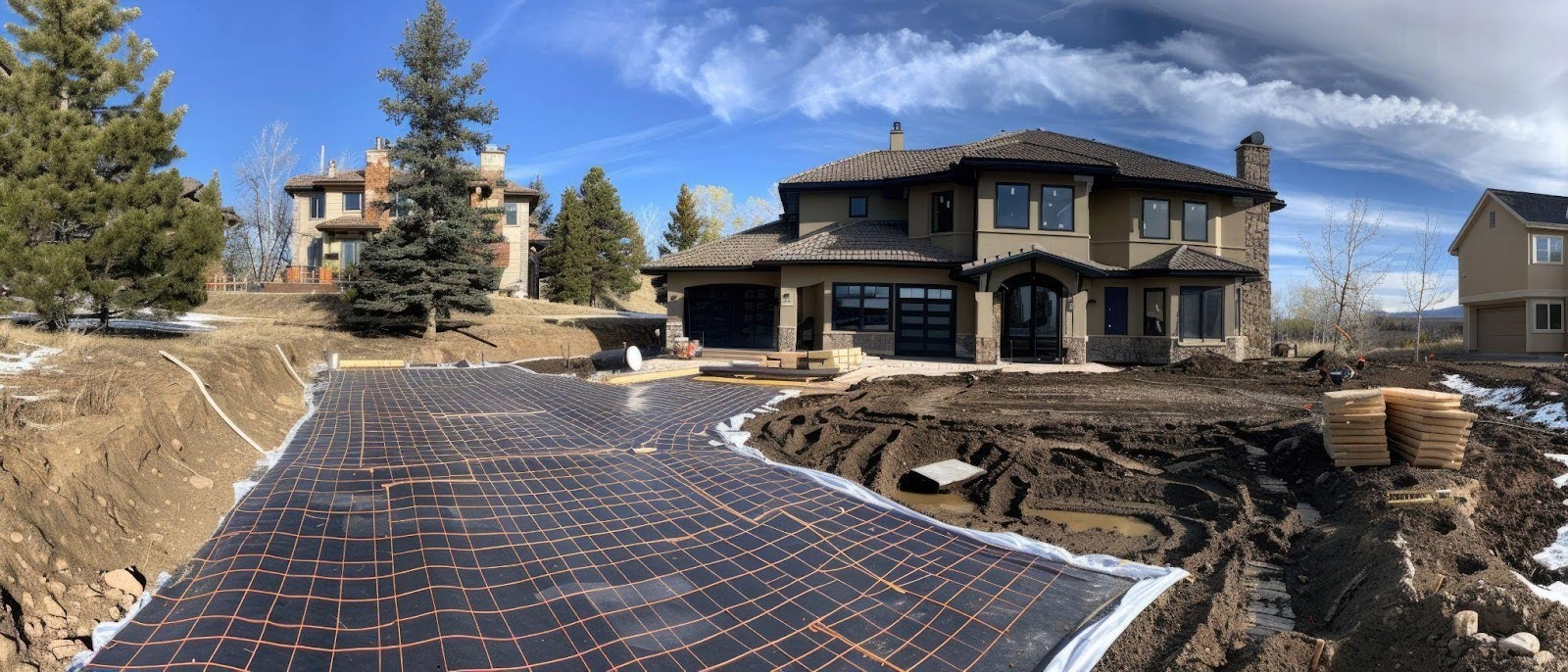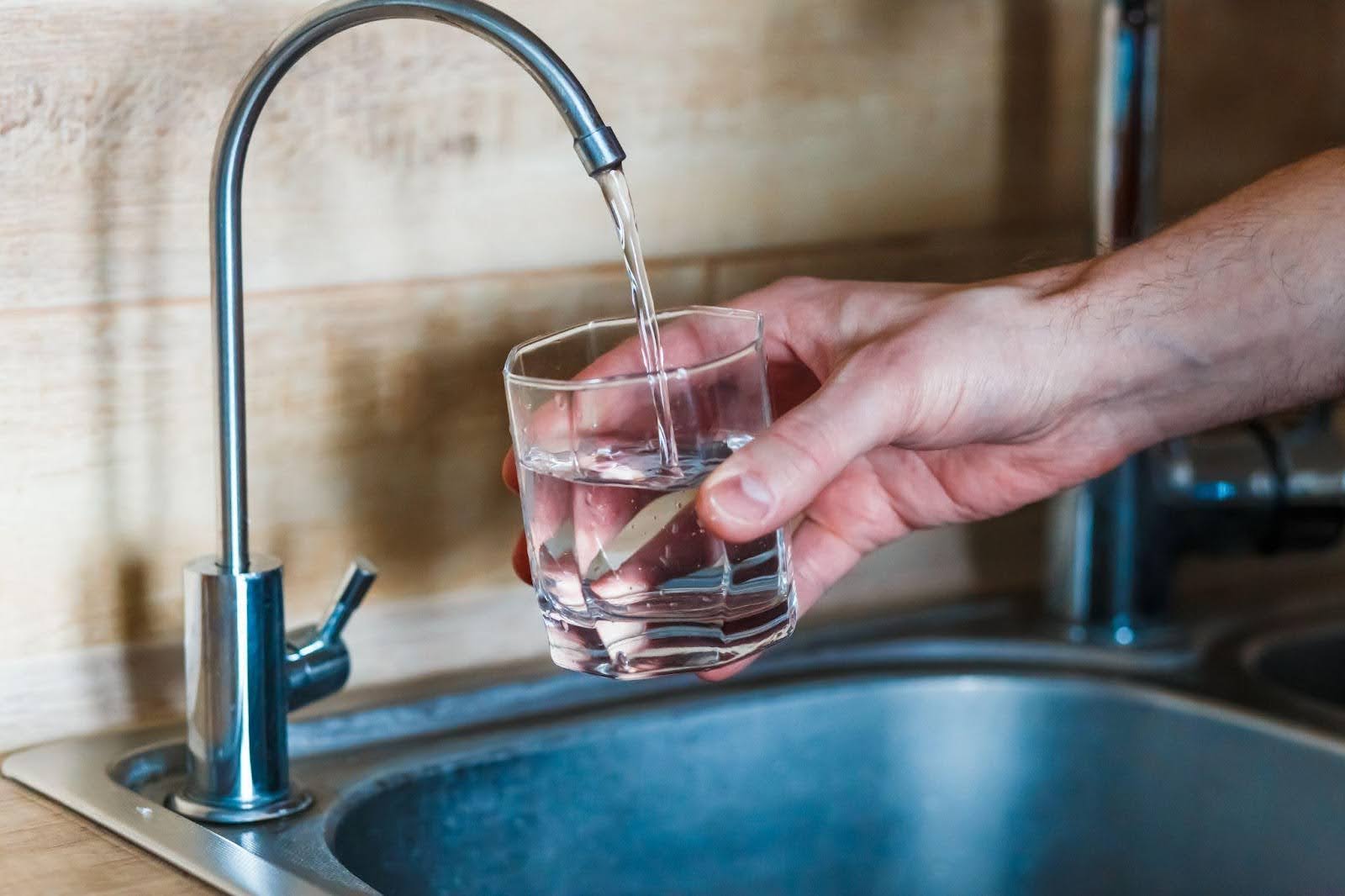Planning the plumbing for a new commercial construction project in Utah is a critical task that requires careful consideration and expertise. Utah plumbing contractors play a vital role in ensuring that the commercial plumbing system is efficient, scalable, and capable of meeting the specific needs of the building.
From understanding local building codes to prioritizing future maintenance, there are several key factors that play a crucial role in the successful implementation of commercial plumbing systems.
This guide will walk you through seven essential tips to help you navigate the complexities of commercial plumbing planning. Whether working in a small business office or a large industrial facility, these tips will provide the foundation for a reliable plumbing system. Let’s dive in and explore the crucial aspects that will help you plan and execute a successful commercial plumbing project!
7 tips you need to know
When planning the plumbing for new commercial construction, it’s crucial to address every detail to ensure a seamless and efficient system. Proper planning helps avoid costly mistakes and sets a foundation for a scalable and sustainable infrastructure. Here are seven essential tips to guide you through the process, ensuring your project meets all requirements and operates smoothly:
1. Understanding local building codes and regulations
Planning the plumbing for your new commercial building starts with a solid understanding of local building codes and regulations. These rules ensure that your plumbing system is safe, reliable, and up to standard, protecting both the occupants of your building and the broader community. Working with Utah plumbing contractors who are familiar with local regulations is crucial.
First, get acquainted with the plumbing codes specific to your area. These can differ quite a bit depending on your location, so it’s important to do your homework.
The International Plumbing Code (IPC) and the Uniform Plumbing Code (UPC) are commonly used standards, but local authorities often add their requirements. Understanding these nuances can save you from costly revisions and delays later on.
2. Collaborate with experienced professionals
When planning and executing any commercial plumbing job, collaboration with experienced Utah plumbing contractors is key. The expertise and knowledge that seasoned plumbers, engineers, and contractors bring to the table can make a significant difference in the quality and efficiency of your plumbing system.
Experienced professionals have a deep understanding of the complexities involved in commercial plumbing. They can foresee potential challenges and address them proactively, saving you time and money.
By engaging experts early in the planning stage, you can ensure that your plumbing design is practical and compliant with all relevant codes and regulations. Their insights can help you avoid common pitfalls and optimize the system for long-term performance.
3. Design for future scalability
When planning the plumbing for a new commercial building, it’s essential to think beyond the immediate needs of the project and consider future growth. Designing for scalability ensures that your plumbing system can accommodate changes and expansions without requiring a complete overhaul, saving time and money in the long run.
One of the key aspects of designing for scalability is planning for potential future expansions. This might involve leaving room for additional fixtures, piping, or even entire sections of the plumbing system that may be needed as the building’s use evolves. For instance, if you’re constructing an office building, it’s wise to anticipate the need for additional restrooms or kitchens as the tenant base grows.
By incorporating these considerations into your initial design, you can avoid the costly and disruptive process of retrofitting later on.
4. Consider the building’s specific needs
Every commercial building is unique, and its plumbing system should be tailored to meet specific requirements. Whether you’re designing for a restaurant, office building, hospital, or industrial facility, understanding the building’s distinct needs is crucial to creating an efficient and effective plumbing system.
Start by assessing the type of business that will occupy the building and how that impacts plumbing needs. For example, a restaurant will require a robust system capable of handling large volumes of water for cooking, dishwashing, and sanitation, as well as grease traps to manage waste.
In contrast, a hospital will have strict requirements for medical gas lines, sterilization, and reliable access to clean water, making the commercial plumbing job more complex and specialized. Each type of business has its own set of demands, and your plumbing design should reflect these specific requirements.
5. Plan for water conservation
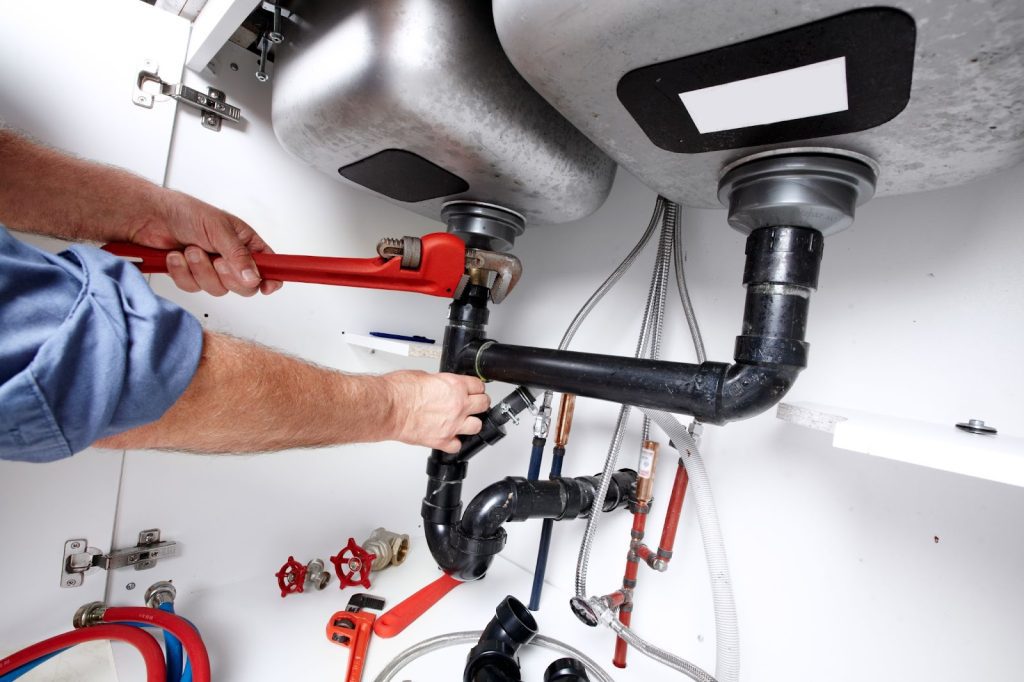
Water conservation is becoming increasingly important in commercial construction for environmental sustainability and cost savings. As businesses strive to reduce their ecological footprint, integrating water-saving features into your commercial plumbing design is responsible and economically savvy. By planning for water conservation from the outset, you can create a system that minimizes water waste and supports long-term sustainability.
6. Prioritize future maintenance
As we mentioned in a previous point, you want your system to be optimized for long-term performance. To achieve this, prioritizing future plumbing maintenance during the planning stage is essential. A well-maintained plumbing system ensures ongoing efficiency and helps prevent costly repairs and downtime. By designing your commercial plumbing system with maintenance in mind, you can extend its lifespan and reduce the likelihood of unexpected issues.
7. Budget for quality materials and installation
When it comes to commercial plumbing, the materials and installation process are two areas where cutting corners can lead to significant problems down the road. Investing in quality materials and skilled installation is essential to ensuring that your plumbing system is durable, reliable, and efficient.
While it may be tempting to save on upfront costs, prioritizing quality will pay off in the long run through reduced maintenance, fewer repairs, and a longer lifespan for your plumbing infrastructure.
Ready to get started? Trust the experts at Salisbury Plumbing
When it comes to commercial plumbing, you need a partner who understands the intricacies of your project and can deliver quality results on time. Salisbury Plumbing is that partner. With years of experience serving the Utah County area, our team is equipped to handle everything from the most straightforward repairs to a highly complex commercial plumbing job.
We pride ourselves on our attention to detail, commitment to quality, and dedication to customer satisfaction.
At Salisbury Plumbing, we know that every project is unique. That’s why we work closely with you to tailor our services to meet your specific needs. Whether you’re building a new office complex or renovating an existing space, our expert plumbers are here to ensure that your plumbing system is designed and installed to the highest standards. From the initial consultation to the final inspection, we’re with you every step of the way, providing the expertise and support you need to achieve your goals. Contact Salisbury Plumbing today or call us at 385-442-5952.
toto slot

